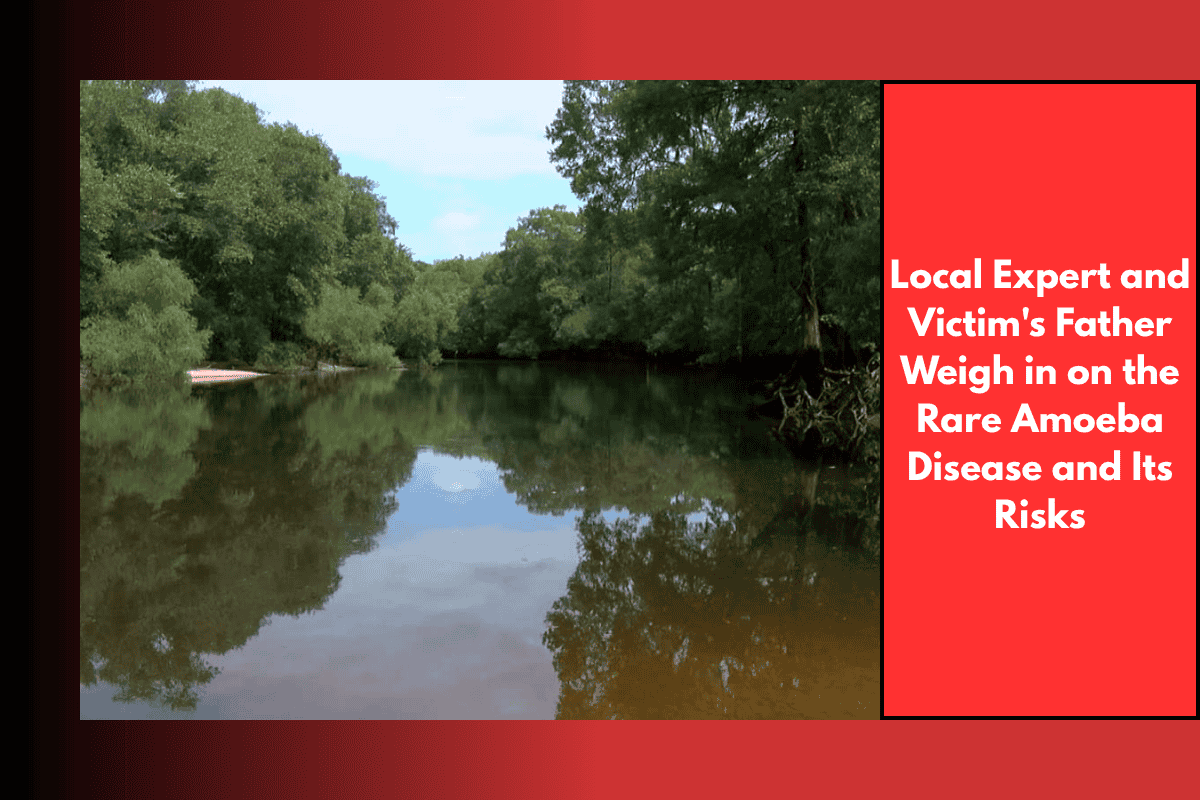After a tragic death from an amoeba-related brain infection in the Midlands, a local expert and a father who lost his daughter to the same rare disease are urging the public to stay informed and take precautions to reduce risk.
What is Naegleria fowleri?
The brain infection, caused by the Naegleria fowleri amoeba, leads to primary amebic meningoencephalitis (PAM), a rare and devastating disease. Dr. Stephen Thacker, an infectious disease specialist at the Medical University of South Carolina, explains that although the disease is extremely rare, it occurs in a few cases every year in the United States—around 10 cases annually. South Carolina has experienced cases in the past, and recent reports highlight the continued need for awareness.
Is There an Elevated Risk?
Despite recent concerns following a July 22 incident at Lake Murray, where a case of Naegleria fowleri was reported, state health officials assure the public that there is no elevated risk in the waterway or other natural sources.
The amoeba typically lives in freshwater environments and thrives in warm water, so the risk of infection increases slightly during the hot summer months when water temperatures rise.
How Do People Get Infected?
Dr. Thacker explains that the infection typically occurs when water is forced into the nose, often through activities like diving or jumping into lakes or rivers.
Simply being in or drinking freshwater is generally not a risk, but when water enters the body through the nasal passages, it can lead to the infection. While the occurrence of Naegleria fowleri is rare, the infection is often fatal once contracted, making it a cause for concern in affected families.
Personal Story: A Father’s Loss
Dunn Hollingsworth, a Mount Pleasant father, tragically lost his daughter Liza to Naegleria fowleri 15 years ago. Reflecting on his daughter’s death, Hollingsworth recalls how much has changed in terms of knowledge and awareness of the disease since then.
While he emphasizes that 99.99999% of people who swim in lakes, rivers, or ponds will never face an issue, he is now dedicated to educating others about the risks and preventive measures.
“We have the luxury of going to the beach in Charleston, where saltwater protects against this amoeba,” Hollingsworth says, but he reminds the public that most cases happen in freshwater bodies. He advises those who swim in ponds or lakes, particularly in the Southeast during the warmer months, to consider wearing nose clips or to keep their heads above water.
Simple Safety Tips for Families
For families with young swimmers or those engaging in freshwater activities, both Dr. Thacker and Hollingsworth stress the importance of using protective measures, such as nose clips or simply being cautious when swimming in warmer bodies of freshwater. Thacker also encourages pool owners to maintain proper chlorination to reduce the likelihood of any risks.
Hollingsworth, reflecting on the advice he gives his own family now, says, “With our youngest child, we’re certain at summer camp, if you’re swimming in a lake, you wear a nose clip, or hold your nose. It’s something we’re very aware of.”
Raising Awareness and Coping with Grief
Hollingsworth has turned his personal tragedy into a mission to raise awareness about Naegleria fowleri. Despite the deep grief of losing his daughter, he remains committed to educating others and supporting families who have experienced similar losses.
He invites people affected by the disease to join a nationwide support group, where they can grieve and share experiences together.









